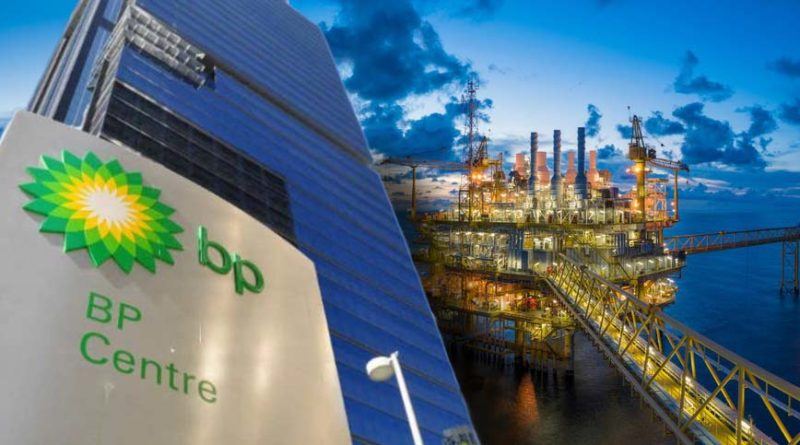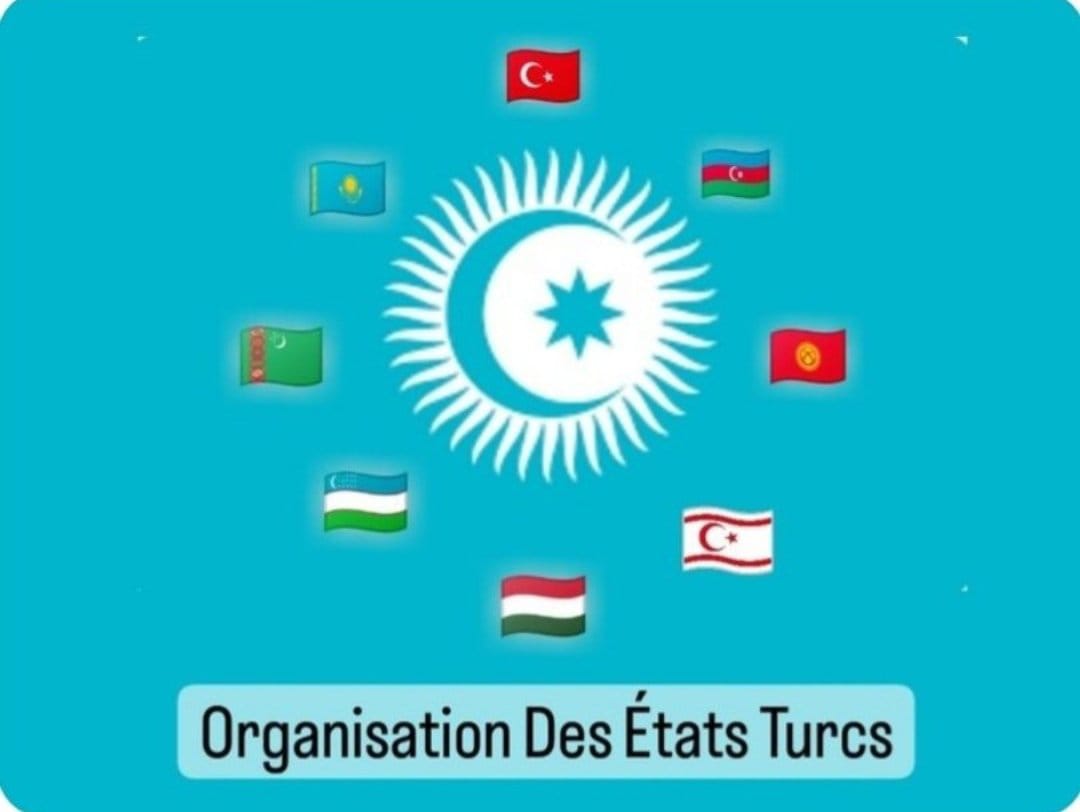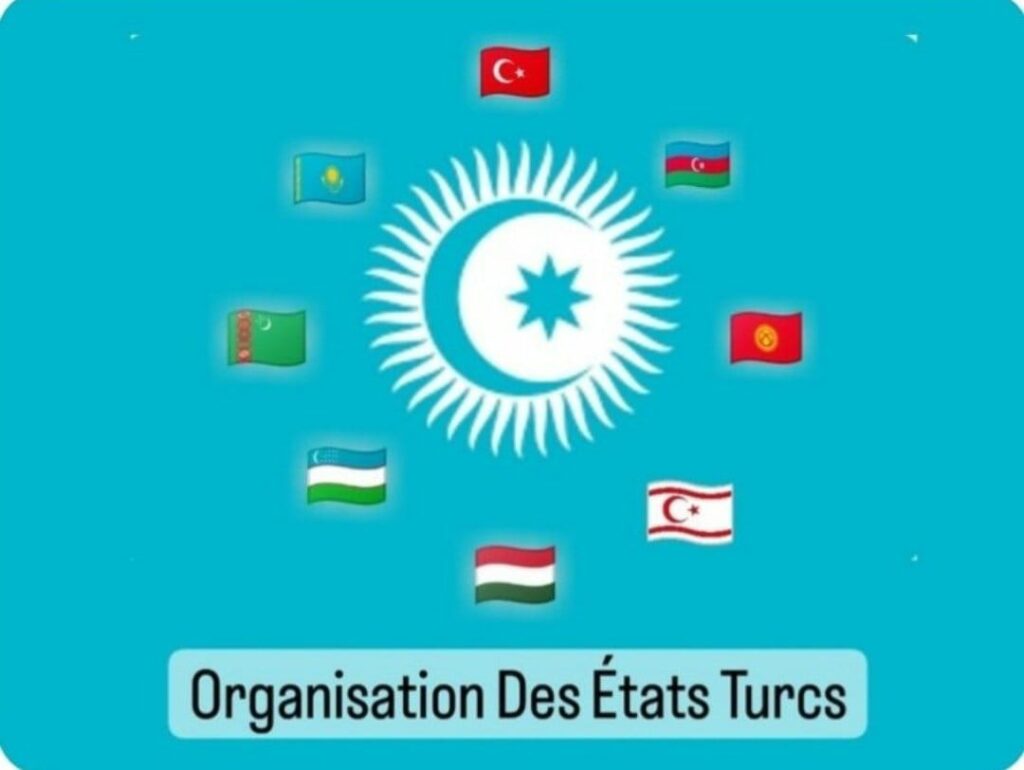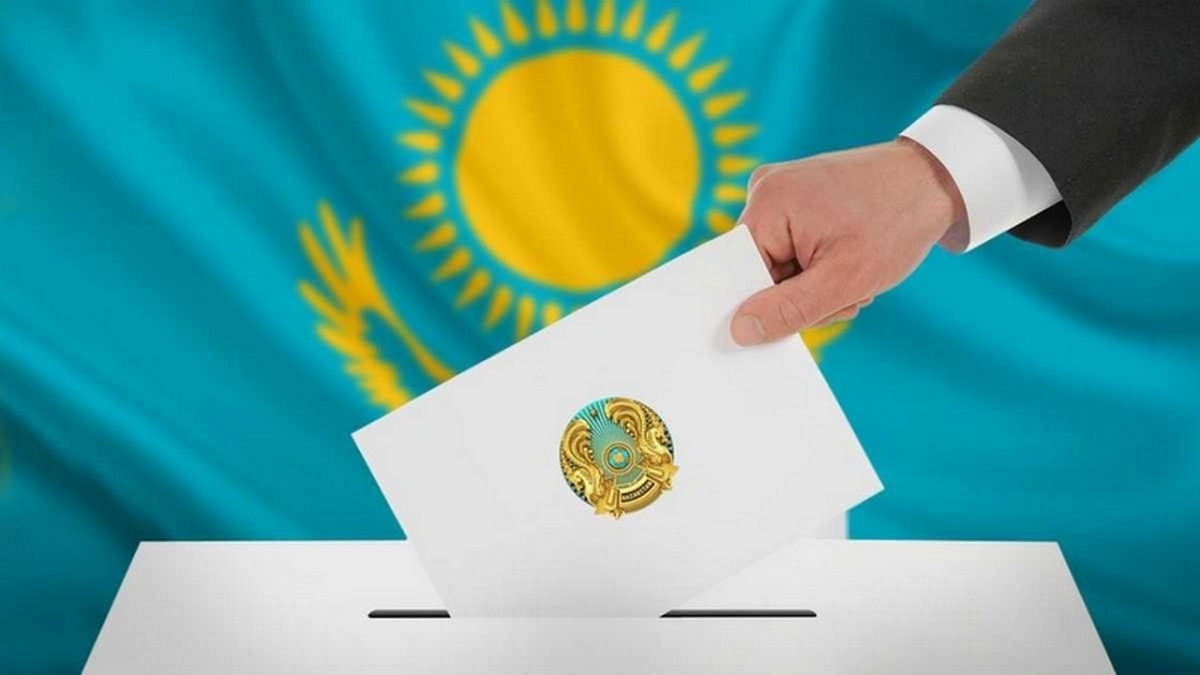As if the rapid change of balances in the world will lead to the reconciliation of resentments and the re-determination of ranks…
For example, after Israel completed the exploration and extraction of gas in the Karish field, political relations between Lebanon and Israel were positively affected by the certainty that there was gas in the region.
In fact, although there has been no conflict between Lebanon and Israel for years, a ceasefire agreement has not yet been signed. Although the two countries are still technically at war, talks on the designation of adjacent maritime jurisdiction areas have continued, albeit intermittently.
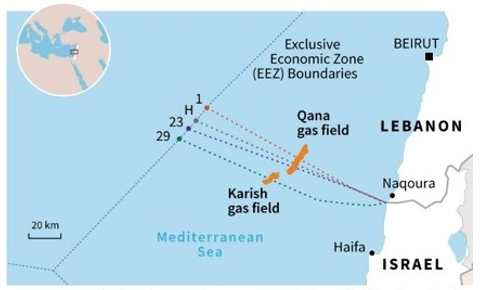
The confirmation of the existence of rich hydrocarbon deposits in the Qana and Karish fields off the southern coast of Lebanon and the northern coast of Israel, and Israel’s physical extraction of natural gas from the Qarish region, have eased tensions between the two countries.
In particular, Lebanon’s years of political and economic crisis have triggered the idea of better relations with Israel.
Although it has no de facto right to the hydrocarbon deposits in the Eastern Mediterranean, the United States, which wants to use it as leverage against rival countries, did not miss the opportunity and entered the dispute between Lebanon and Israel as a mediator in 2020. With the de facto participation of the United Kingdom and France, the parties agreed on 11 October 2022. (The fact that Hezbollah, which has a say in Lebanese politics and people’s lives, is also warm to this issue has positively affected this agreement.)
According to this agreement, which is unique to date, all the rights of the Qarish region will belong to Israel and all the rights of the Qana region will belong to Lebanon. Since a small part of the Qana region falls under Israel’s maritime jurisdiction, the French company Total will extract natural gas from the region. Israel will own a part of the shares of this company. Israel will not receive a share of the natural gas that will come out of the Qana region, but of the profits that Total makes from this region.
Let’s come to Turkey; Turkey’s insistence on the Exclusive Economic Zone determined according to the 1958 and 1960 World Law of the Sea Conferences marked the beginning of a new construction in the Eastern Mediterranean. This development was accelerated by the war in Ukraine and the crisis in Iran.
Since the U.S. has mediated in the Exclusive Economic Zone (EEZ) designation talks between Israel and Lebanon, Russia also wants to take an active role in the EEZ designation talks between Syria and Lebanon.
The involvement of the United States, Russia and Turkey in the restructuring in the Eastern Mediterranean has made the Greek Cypriot Administration of Southern Cyprus (Greek Cypriot Administration – GCA) very nervous.
The fact that the European Union began to struggle with economic and political problems and was dragged to the brink of relegation in the global league weakened the regional power of Greece and the Greek Cypriot Administration. Their alliances with Israel, Egypt, Jordan and Lebanon to strengthen their presence and demands in the Eastern Mediterranean have lost their importance.
The rejection of the EEZ, unilaterally declared by the Greek Cypriot Administration, and the declaration of the Seville Map, which Greece had insidiously prepared, as invalid by the USA and the EU, pushed both Greece and the Greek Cypriot Administration out of the developments in the Eastern Mediterranean and broke their power in the international arena.
Turkey’s continental shelf agreement with Libya and the steps it has taken for the normalization of relations with Israel and Egypt have begun to reveal Turkey’s superiority in the new construction that has started in the Eastern Mediterranean.
In addition to all these, the acceptance of the TRNC as an observer member of the Organization of Turkic States extended the borders of the Organization of Turkic States to the middle of the Eastern Mediterranean. While behind Greece and the Greek Cypriot Administration is the European Union, which has entered a period of decline, behind Turkey and the TRNC is the Organization of Turkic States, whose star has begun to shine again. The balances in the region have changed in favor of Turkey and the TRNC.
This new development began to affect the borders of the exclusive economic zones of the littoral countries in the region and the way of shipment of natural gas to be extracted.
Israel has put on its agenda the sending of the natural gas it has started to extract in the Eastern Mediterranean to the European continent through Turkey. The Greek Cypriot Administration is aware that if it succeeds in extracting natural gas that it can export one day because it is alone and without alternatives in the region, it has to send it through Turkey.
For this reason, GCA started to look for ways to establish relations with Turkey. For now, GCA is trying to extract concessions from Turkey with threats, but GCA knows very well that at the end of the day GCA will have to make concessions himself.
It is certain that the Exclusive Economic Zone border agreement signed by Israel and Lebanon will pave the way for Turkey and the TRNC to conclude Exclusive Economic Zone border agreements with their economic zone neighbors Syria, Lebanon and Israel in the future, and that the Greek Cypriot Administration will eventually have to reach an agreement with the TRNC and recognize the TRNC, albeit under certain conditions.
Prof. Dr. (Civ. Eng.), Assoc. Prof. Dr. (Int. Rel.) Ata ATUN
Dean, Cyprus Science University

